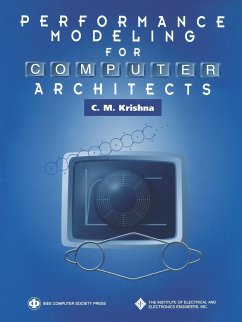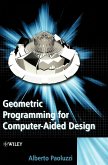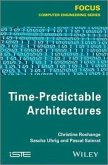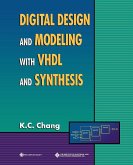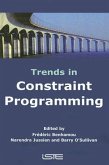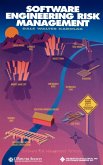As computers become more complex, the number and complexity of the tasks facing the computer architect also increase. Computer performance often depends on the design parameters and intuition that must be supplemented by performance studies to enhance design productivity. Performance Modeling for Computer Architects introduces computer architects to computer system performance models and shows how they are relatively simple, inexpensive to implement, and sufficiently accurate for most purposes. The book discusses the development of performance models based on queuing theory and probability. The text also shows how performance models are used to provide quick approximate calculations to indicate basic performance trade-offs and to narrow the range of parameters considered when determining system configurations. Performance models can demonstrate how a memory system is to be configured, what the cache structure should be, and what effect incremental changes in cache size can have on the miss rate. A particularly deep knowledge of probability theory or any other mathematical field is not required to understand the papers in this volume.
Hinweis: Dieser Artikel kann nur an eine deutsche Lieferadresse ausgeliefert werden.
Hinweis: Dieser Artikel kann nur an eine deutsche Lieferadresse ausgeliefert werden.

